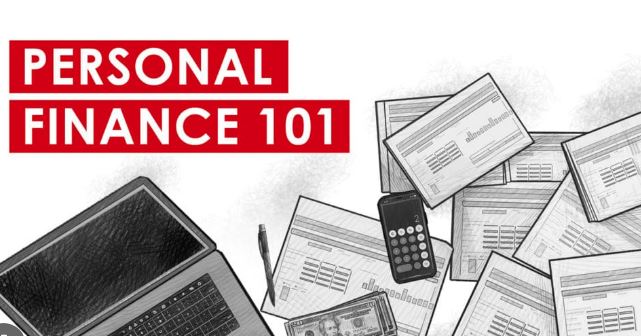Achieving financial freedom is a goal that many aspire to, but it requires effective personal finance management. Taking control of your finances and making informed decisions can lead to a more secure future and the ability to live life on your terms. In this post, we will explore essential tips for successful personal finance management that can help you unlock financial freedom.
1. Create a Budget:
Start by creating a budget to track your income and expenses. Allocate your income towards essential expenses, savings, debt repayment, and discretionary spending. This will provide a clear overview of where your money is going and allow you to make adjustments as needed.
2. Set Financial Goals:
Establishing financial goals is crucial for long-term success. Determine what you want to achieve, whether it’s paying off debt, saving for a down payment, or building an emergency fund. Setting specific, measurable, achievable, relevant, and time-bound (SMART) goals will keep you motivated and focused on your financial journey.
3. Manage Debt Wisely:
Debt can be a significant obstacle to financial freedom. Prioritize paying off high-interest debt, such as credit cards, while making consistent payments on other loans. Consider strategies like the debt snowball or debt avalanche method to accelerate your debt repayment journey.
4. Save and Invest:
Building a solid savings and investment plan is pivotal for long-term financial security. Start by creating an emergency fund to cover unexpected expenses. Aim to save a portion of your income consistently and increase the amount over time. Invest in retirement accounts, such as a 401(k) or individual retirement account (IRA), to take advantage of tax benefits and compound growth.
5. Monitor and Trim Expenses:
Regularly review your expenses to identify areas where you can cut back. Look for subscription services you no longer use, negotiate bills, and find ways to reduce discretionary spending. Small changes can add up over time and free up more funds for savings and investments.
6. Plan for the Future:
Don’t forget to plan for the long term. Consider factors like insurance coverage (health, life, and property), estate planning, and retirement. Having appropriate insurance coverage and a well-thought-out estate plan will protect your assets and ensure your loved ones are taken care of.
7. Continuously Educate Yourself:
Financial literacy is a lifelong journey. Stay updated on personal finance topics through books, podcasts, blogs, and reputable financial websites. The more you learn about managing your finances, the better equipped you will be to make informed decisions and adapt to changing circumstances.
8. Seek Professional Advice:
Consider consulting with a financial advisor or planner to receive personalized guidance tailored to your specific circumstances. They can offer valuable insights, help you optimize your investment strategy, and provide guidance on tax planning and other financial matters.
Conclusion:
Unlocking financial freedom requires discipline, commitment, and sound personal finance management. By creating a budget, setting goals, managing debt, saving and investing wisely, monitoring expenses, planning for the future, continuously educating yourself, and seeking professional advice when needed, you can take control of your finances and pave the way to a brighter financial future. Remember, achieving financial freedom is a journey, and each step you take brings you closer to your goals.




